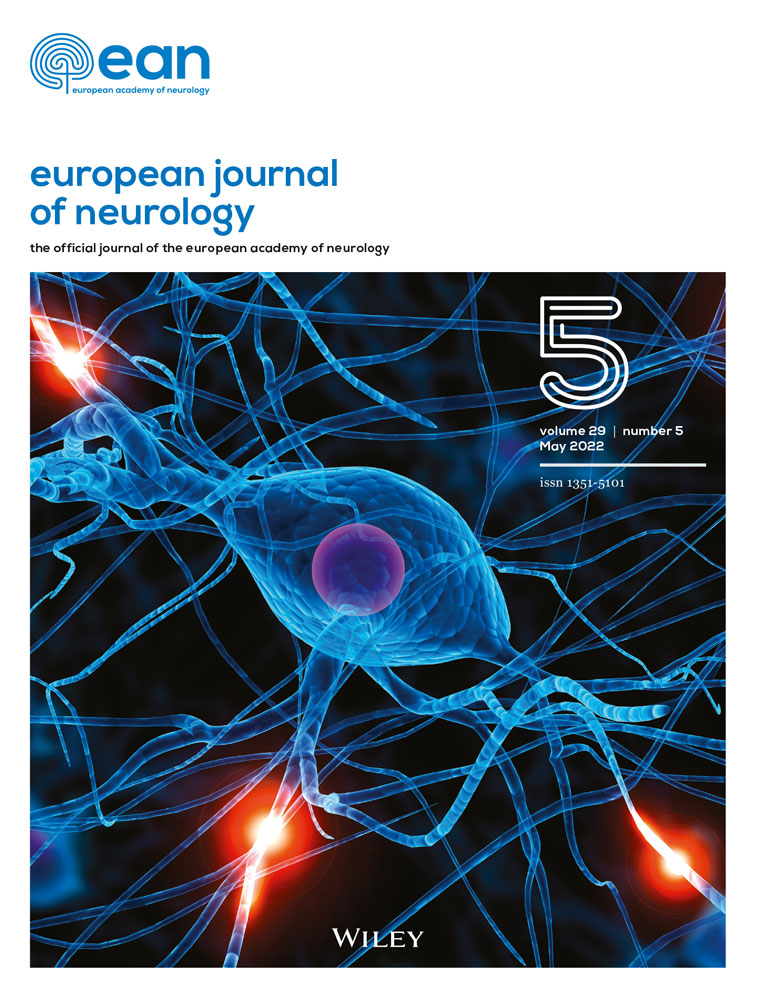Association between depression and motoric cognitive risk syndrome among community-dwelling older adults in China: A 4-year prospective cohort study
Weihao Xu, Anying Bai and Yuanfeng Liang contributed equally to this work.
Funding information
This study was supported by National Key R&D Program of China (2018YFC2000301).
Abstract
Background and purpose
Depression can lead to a wide range of adverse health outcomes, including dementia. However, evidence supporting the relationship between depression and motoric cognitive risk syndrome (MCR), a pre-dementia syndrome, remains lacking. This study aimed to examine the association between depression and MCR among community-dwelling Chinese older adults.
Methods
Data were taken from the 2011 and 2015 waves of the China Health and Retirement Longitudinal Study (CHARLS). Depression was defined by a Center for Epidemiological Studies Depression Scale (CES-D) score ≥10. MCR was defined as subjective cognitive complaints and objective slow gait speed. Multivariate logistic regression analyses were conducted to examine the cross-sectional and longitudinal associations between depression and MCR at baseline and a 4-year follow-up period for the sample population and gender groups.
Results
The prevalence of MCR was higher in participants with depression than in those without depression at baseline (12.2% vs. 8.9%; p = 0.001). Participants with depression at baseline had a higher 4-year incidence of MCR than those without depression (14.8% vs. 8.7%; p < 0.001). Both cross-sectional analysis (odds ratio [OR] 1.41, 95% confidence interval [CI] 1.13–1.75) and prospective analysis (OR 1.95, 95% CI 1.56–2.44) demonstrated that depression was significantly associated with MCR. These associations were consistent across different gender groups and stronger among female individuals.
Conclusions
Depression is an independent risk factor for MCR among community-dwelling Chinese older adults. Special attention should be paid to the care of older people with depression to reduce the occurrence of MCR and even dementia.
CONFLICT OF INTEREST
The authors have no conflicts of interest.
Open Research
DATA AVAILABILITY STATEMENT
The data that support the findings of this study are available on request from the corresponding author. The data are not publicly available due to privacy or ethical restrictions.




